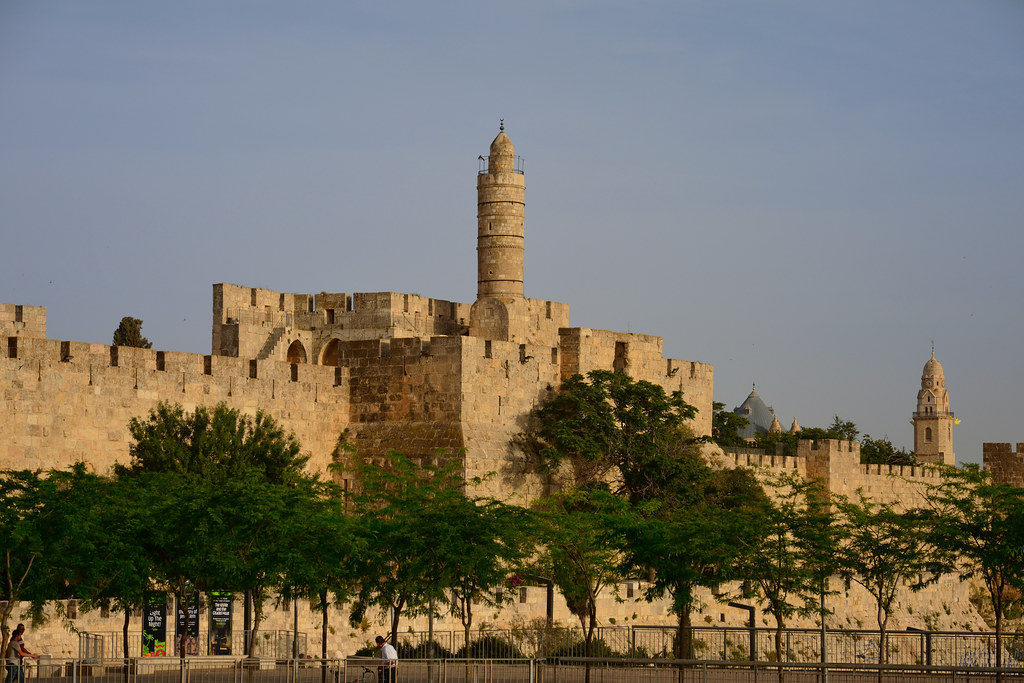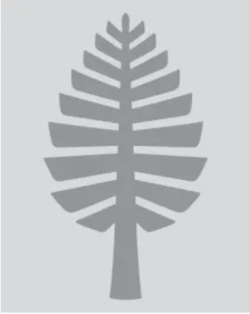Fall 2026
The application period for this program has passed.

This is a fall semester exchange program with the Hebrew University of Jerusalem (Rothberg School of International Studies) in either of two tracks: Middle Eastern Studies or Hebrew and Israeli Studies. Students studying on the Middle Eastern Studies track will not have a required language component as part of their program whereas students studying on the Hebrew and Israeli Studies track are required to take two Hebrew language courses as part of their program.
Dartmouth students will study and reside at the University's Mt. Scopus campus, overlooking the Old City of Jerusalem and the Judean Desert.
Hebrew University of Jerusalem's summer intensive ulpan courses are not included as part of the exchange although students who are accepted to the fall semester exchange may choose to participate in the summer ulpan courses independently.
Participation in this program will be subject to review under the College's travel exception process. For more information, please review the Travel Exception Requirements:https://global.dartmouth.edu/travel/travel-exceptions/locations-list
Every year about one student is selected for this program. Students first apply through the Guarini Institute by the February 1st application deadline. After February 1st, faculty from the Middle Eastern Studies Program will review applications and make acceptance decisions. Students will be notified of their acceptance decisions on March 1st.
Successful applicants who are accepted and commit to the program will receive a nomination from the Guarini Institute. Applying for an exchange program involves two steps: if you receive a nomination from the Guarini Institute you will also need to complete the host institution's application, which is administered and reviewed by the host institution. The host institution makes the final acceptance decision. The Guarini Institute will provide further instructions on this second step to students after they are accepted and commit to a program.
For more information about applying for this program, see our webpage on How to Apply & our FAQs under section 2 (How to Apply: Application), or contact the Guarini Institute.
 Tarek El-Ariss The James Wright Professor at Dartmouth College, Professor of Middle Eastern Studies
Tarek El-Ariss The James Wright Professor at Dartmouth College, Professor of Middle Eastern Studies Participants on this exchange enroll as full time students and choose from available courses via one of the two tracks listed below. Students can transfer back courses to count toward their Dartmouth diploma.
Middle Eastern Studies track: Five elective courses (taught in English) from the rich list of offerings at the Hebrew University's Rothberg International School, or from the University's general list of relevant undergraduate courses. This can include social sciences, history, Arabic and Hebrew language and culture.
Hebrew and Israeli Studies track:
Two courses in Hebrew language plus three electives (taught in English). Two of the electives will pertain to Israeli cultural and social studies and Hebrew cultural history. The third elective can be in another subject of your choice, drawn from the Rothberg list or the University's general list of undergraduate courses.
Minimum cumulative grade point average: 3.0.
The Rothberg International School fall semester runs from late September or early/mid-October to the end of December, with exams scheduled to enable students to be back in Dartmouth for winter term. For general undergraduate courses at Hebrew University, the semester can end in mid-January, so students should check the Hebrew University calendar to avoid overlap with the Dartmouth winter term.
More information can be found at the Middle Eastern Studies website.
Students will stay in the Hebrew University of Jerusalem's dorms. These dorms are self-serviced, meaning that students prepare their own meals in shared or private kitchens, though students can also make use of the many cafes and cafeterias on and near the Hebrew University of Jeruslaem's campus.
We encourage students to engage with their SAS advisors and program faculty/staff during the exploratory, pre-application phase to discuss how disability-related accommodations and access needs can be supported in an off-campus environment. If you currently have approved accommodations at Hanover, SAS will review them to determine which can be provided at your off-campus location and what alternatives may be needed. On-campus and off-campus accommodations may differ depending on each program location's resources and accessibility features. We recommend beginning this discussion with SAS as soon as you are accepted and no later than at least one whole quarter before your program start date.
For next steps, review the Off-Campus Program Accommodations page on the SAS website.
Dartmouth students pay tuition and service fees to Dartmouth; room and board fees as well as transportation to and from the program site are the responsibility of the student. Because the exchange is an official program sponsored by the College, Dartmouth students do not need to pay the transfer term fee that the College charges to students who study on outside programs during leave terms.
In order that all qualified Dartmouth undergraduate students may have the opportunity to take part in off-campus programs, the College endeavors to adjust its normal financial aid awards for students already receiving aid. Tuition and expected family contribution for Dartmouth's off-campus programs are the same as for an on-campus term.
All costs, including airfare and spending money, are considered when determining the cost of an off-campus program. Any costs in excess of a typical term in Hanover are met with additional Dartmouth Scholarship Funds. If you have a work expectation for the term, this will be replaced by scholarship funding.
Students are responsible for purchasing their own plane ticket and, in many cases, meals. Often this means that part of the expected family contribution is used towards these costs rather than for tuition. For help sorting out who pays what and how, contacting the Financial Aid office is often advisable.
Financing your program | Financial Aid | Scholarships | Budgeting & Costs
 TBD
TBD  TBD
TBD